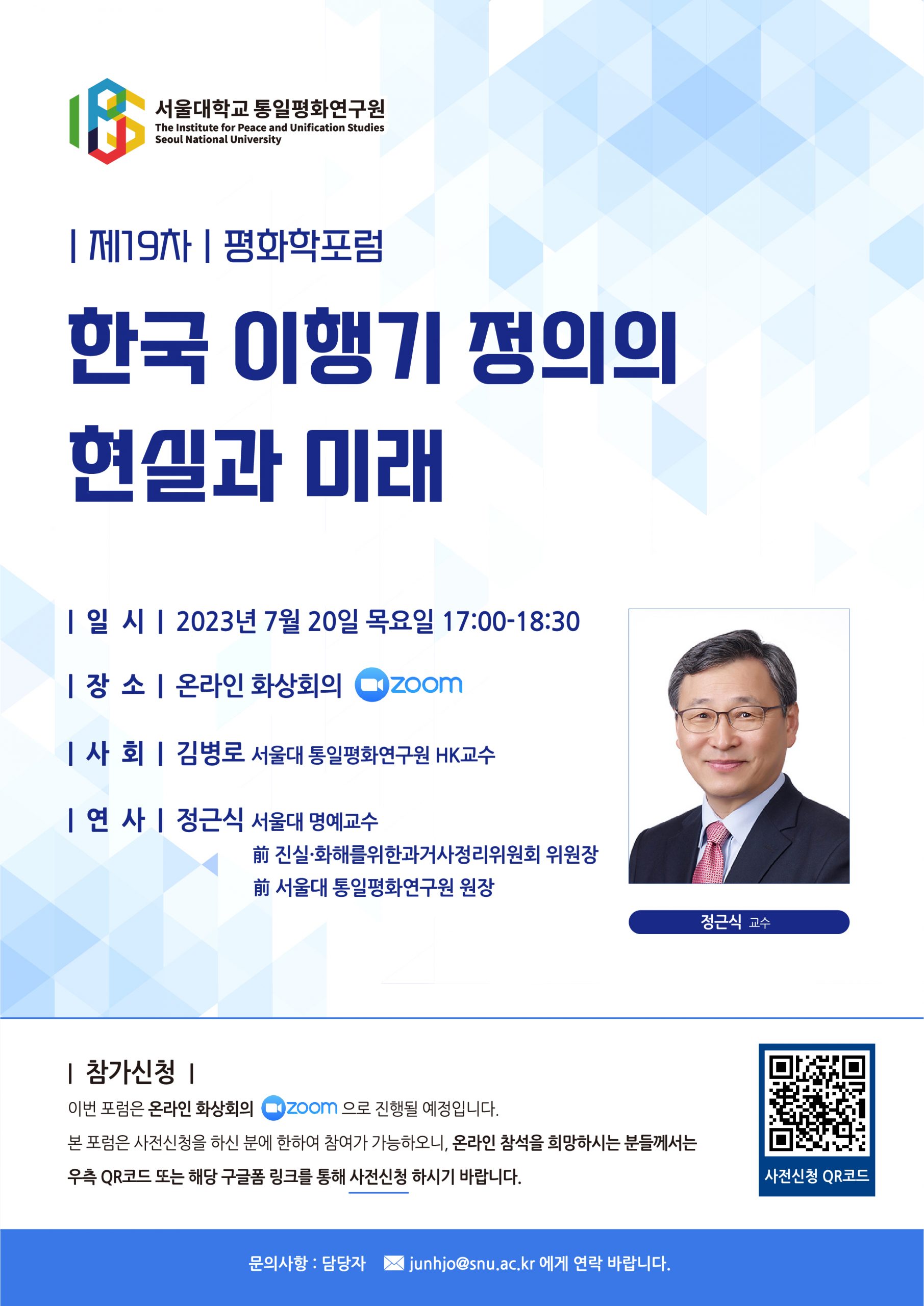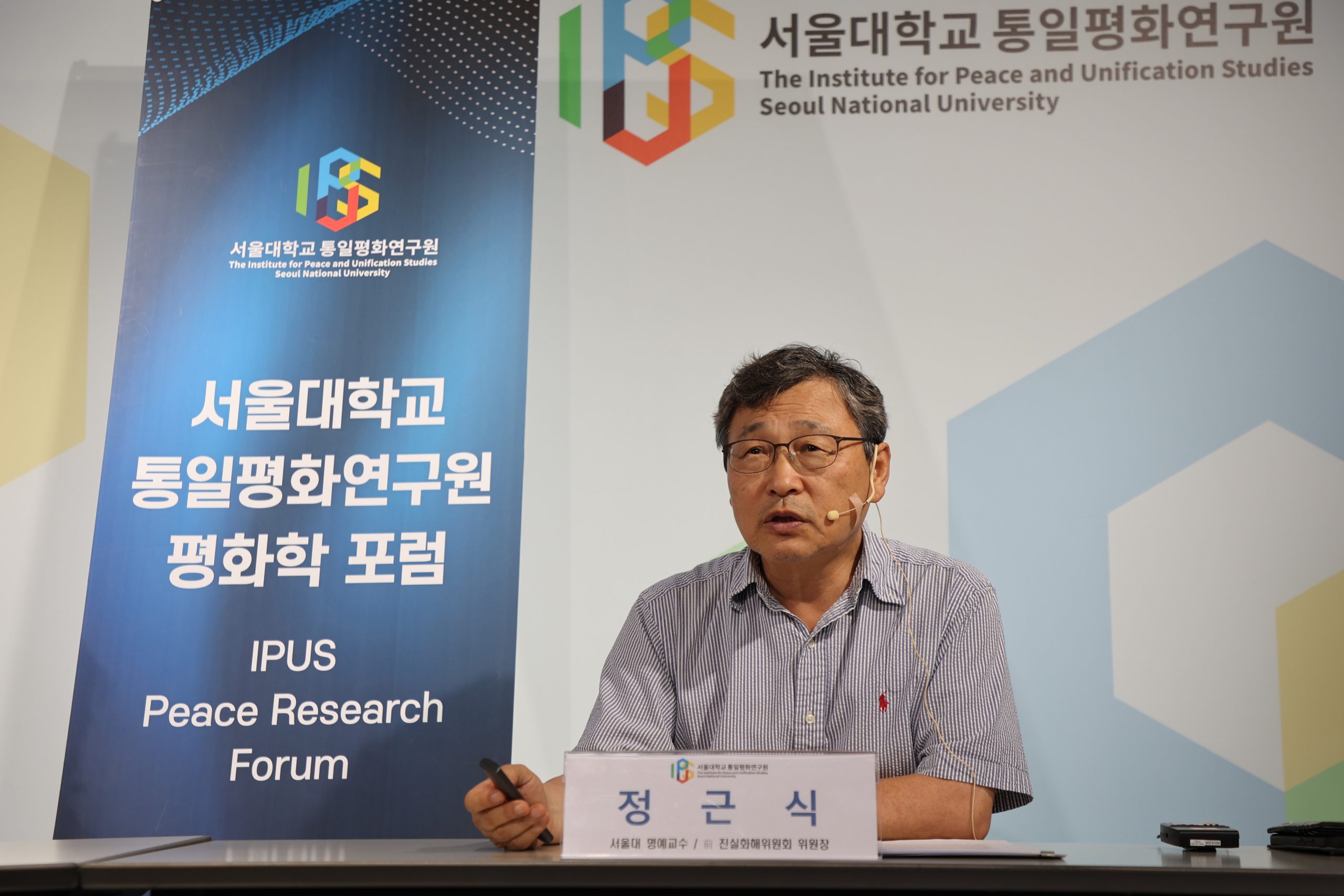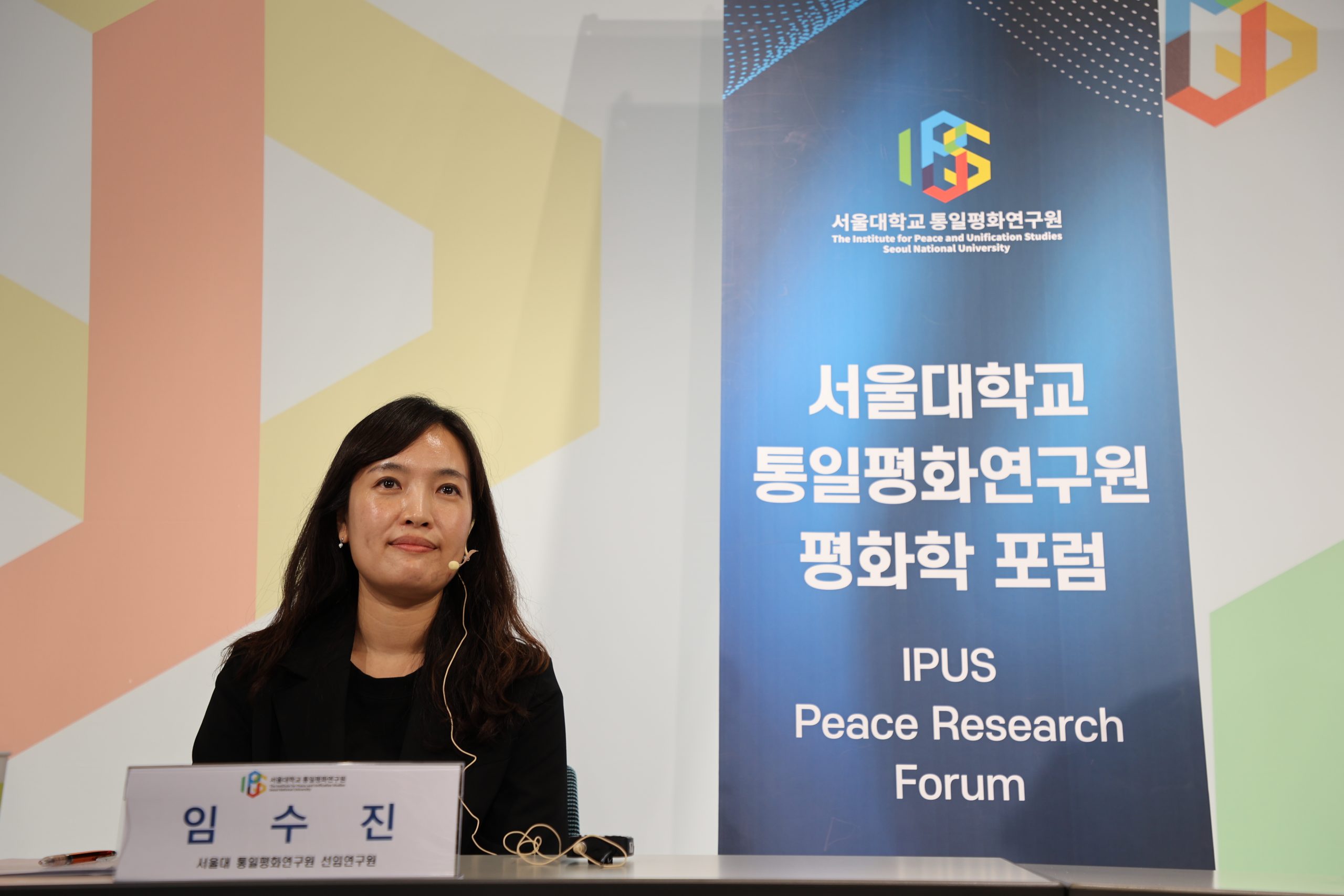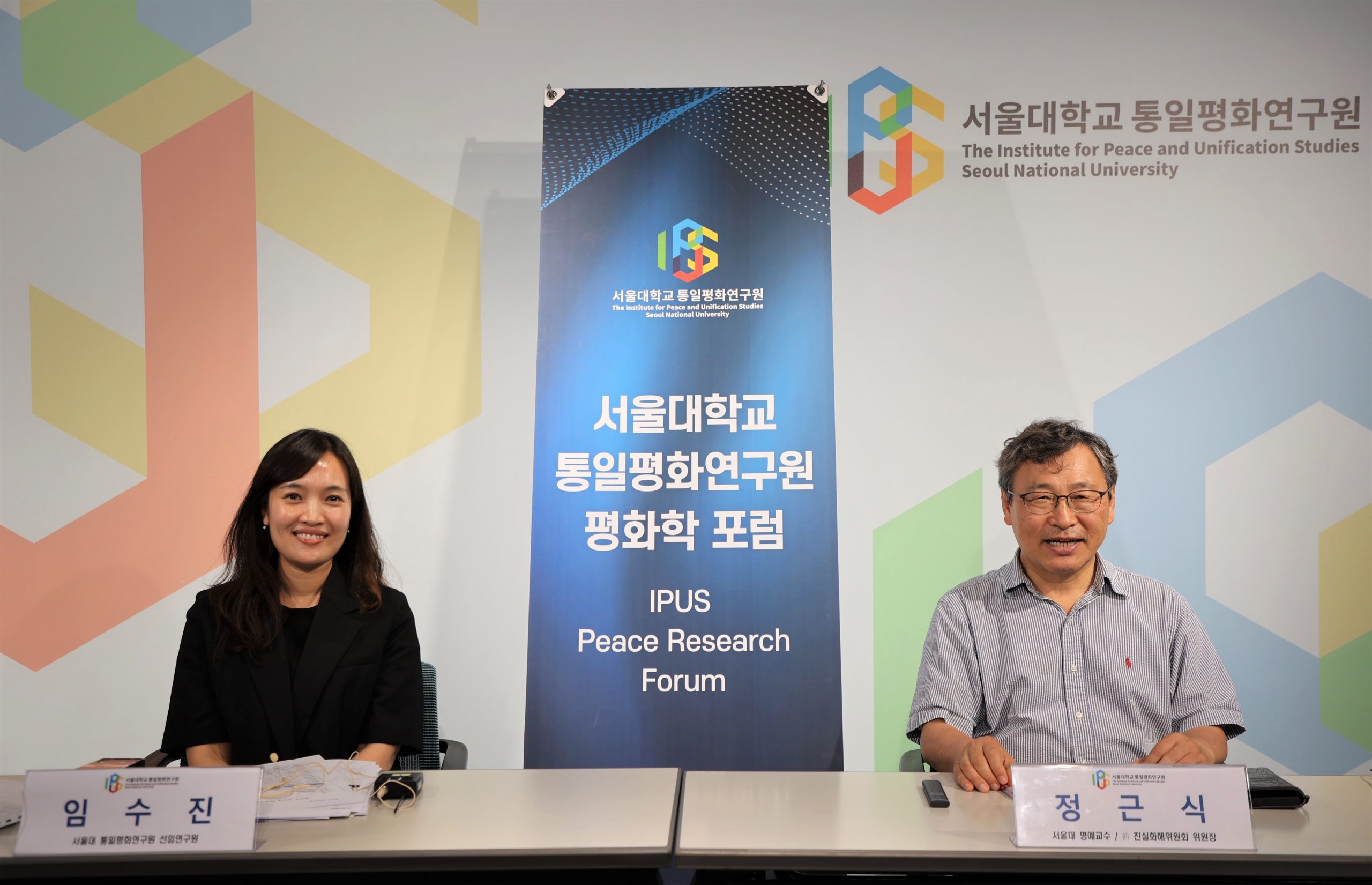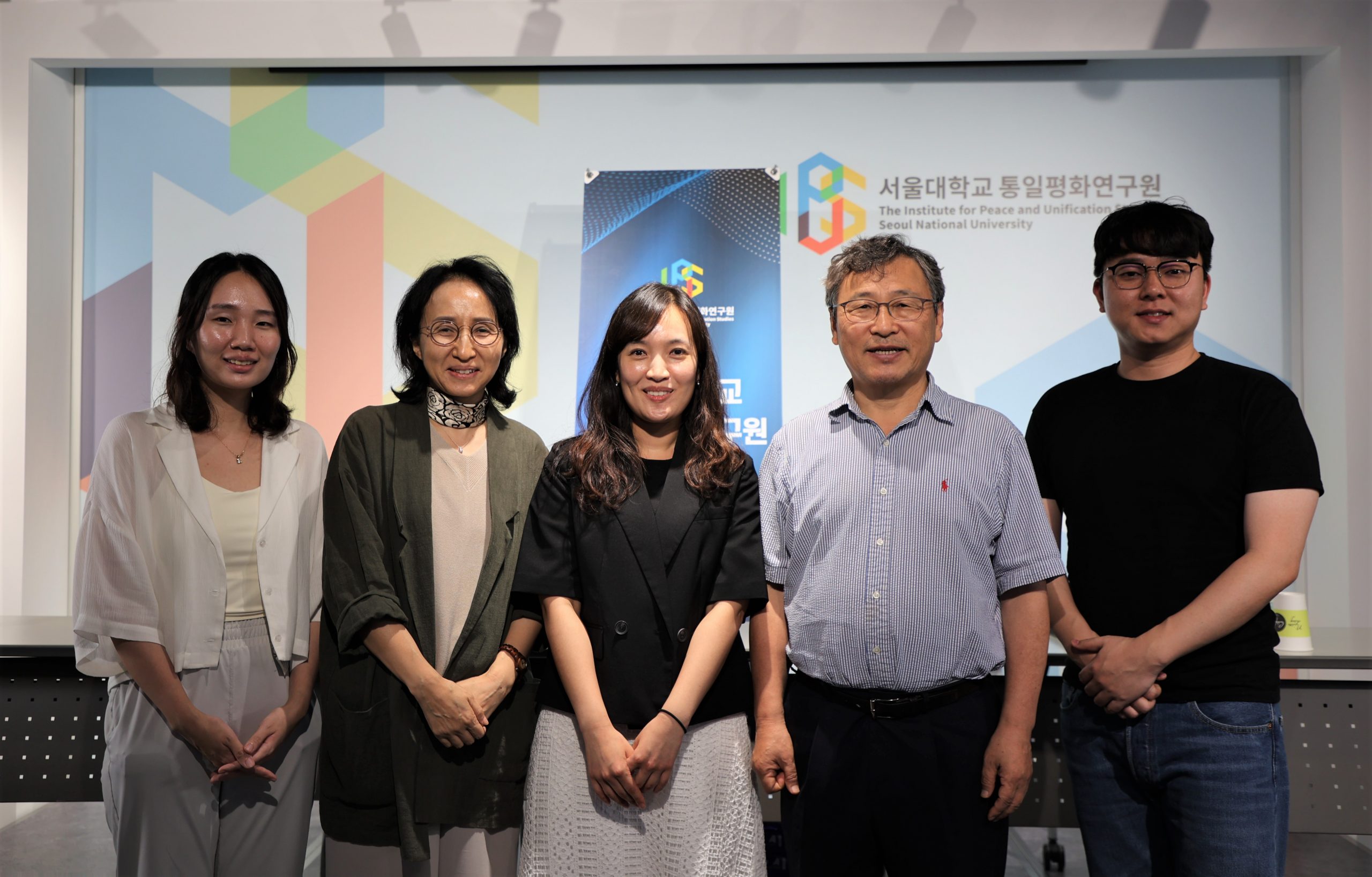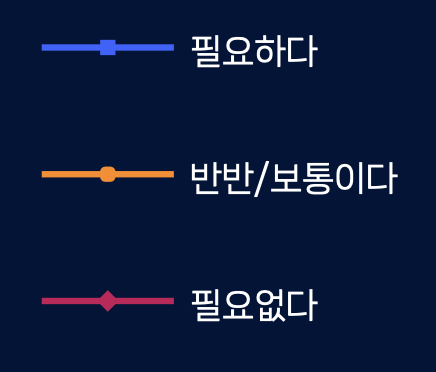[19th Peace Studies Forum] The Reality and Future of Transitional Justice in Korea
- Date&Time: July 20th, 2023 (Thu) 17:00 –18:40 (KST)
- Venue: Online video conference (ZOOM)
- Host: Lim, Su-jin (IPUS Senior Fellow)
- Speaker: Jung, Keun-sik (Emeritus Professor at SNU, Former Chairperson of the Truth and Reconciliation Commission/ Former Director of IPUS)
- Topic: The Reality and Future of Transitional Justice in Korea
The Institute for Unification and Peace Studies at Seoul National University(IPUS at SNU) held the 19th Peace Studies Forum on Thursday, July 20, 2023, with Jung, Keun-sik, Emeritus Professor at Seoul National University, as the guest speaker. In this forum, Lim, Su-jin, the Senior Fellow from the IPUS, served as the host and delivered the opening remarks.
Professor Jung, Keun-sik based his talk on the question of why there has not been adequate reconciliation and improvement in the political culture despite 30 years of transitional justice projects in Korea since 1990. He emphasized that “in terms of transition, transitional justice in Korea refers to the complex implementation of transitioning from authoritarianism to democracy, incorporating elements of anti-colonialism and post-war measures,” and, “it encompasses both retributive and restorative justice perspective in terms of justice,” He also highlighted ‘the limitations of empirical research data’ related to transitional justice and raised questions about its effectiveness, such as whether it contributes not only to healing victims but also to societal cohesion and reconciliation.
Professor Jung described the progression of transitional justice in Korea as a result of multiple stages. He identified the initial phase as the difference between the funerals of activists Park Jong-cheol and Lee Han-yeol. Subsequent phases were marked by events such as the 1988 April general elections, the National Assembly’s inquisition, the enactment of the Gwangju Compensation Act (1st phase), the establishment of the May 18 Memorial Projects and the Gwangju Special Act during Kim Young-sam’s presidency (2nd phase), the establishment of the April 3 Speical Act and reconciliation between two Koreas during Kim Dae-jung’s presidency (3rd phase). He further discussed the post-3rd phase characterized by anti-colonial and post-war measures, which is the establishment of Presidential Committee for the Inspection of Collaborations for Japanese Imperialism and the Truth and Reconciliation Commission. Despite moments of regression during conservatization and ‘Post-Truth’ discourse, events like the Candlelight Revolution and an increased sensitivity to human rights led to the revival of the Truth and Reconciliation commission, eventually culminating in the 4th phase of transitional justice with the establishment of the May 18 Fact-Finding Committee and the April 3 Law.
Finally, Professor Jung Keun-sik introduced existing theories on responsibility, apology, and forgiveness, highlighting the importance of a deliberative democracy that respects diverse voices and engages in collective reflection and discussion in the realm of politics to achieve goals of genuine reconciliation. He concluded by presenting challenges that need to be addressed, including compensation for Korean War victims, the dual burden of applying for the Truth and Reconciliation Commission and pursuing lawsuits, delays in constructing nationwide memorial facilities, and the opacity of establishing the Foundation for the Truth and Reconciliation. Ultimately, he stressed the need to prevent confusion due to regime changes, establish an archive for transitional justice and human rights, contemplate ways to promote a culture of apology and forgiveness, and seek Korea’s role in advancing Asian democracy and transitional justice through international cooperation.

